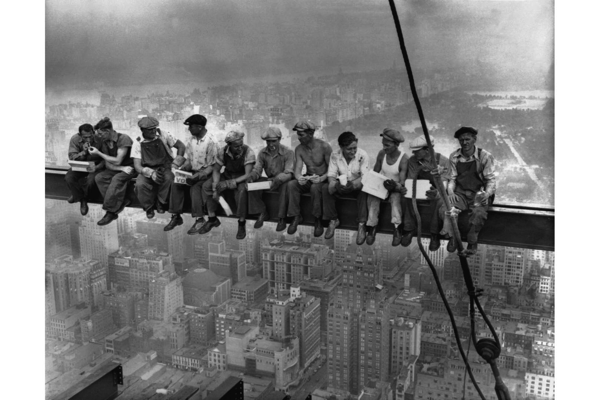REVIEWING STATISTICS: How Much Did Safety Really Improve?

I was reading an article that congratulated the safety profession for improving industry safety statistics in the USA. These statistics were provided by the US Bureau of Labor Statistics:
Year # of Fatalities Fatality Rate Number of Workers (in millions)
1971 13,700 17 81
1981 12,500 13 96
1991 9,800 8 123
2001 5,900 4.3 137
2009 4,551 3.5 130
2013 4,585 3.3 139
What’s missing from the stats above?
The TYPE of work being performed.

Between 1971 and 2013, there was a major change in the type of work performed in the USA. We changed from a production economy to a service economy. Plus, we implemented extensive automation. Therefore, the risk per hour worked decreased as higher-risk work was replaced by office jobs and other service-related work. (Yes … the picture above is well before 1971, but you get the point.)
How much did the risk change? I don’t think anyone knows for sure.
Did it account for 10% of the improvement? 25% of the improvement? 50% of the improvement? 90% of the improvement? Picking a number would be guessing.
Here is another question …
If President Trump brings back manufacturing jobs to the USA, will the number of fatalities increase with the return of higher-risk work? Or will factory automation reduce the risk and keep the numbers permanently lower?
Again, this question is difficult to answer.
What can we say for sure?
There is always room for improvement, and advanced root cause analysis can help you make that improvement happen.



